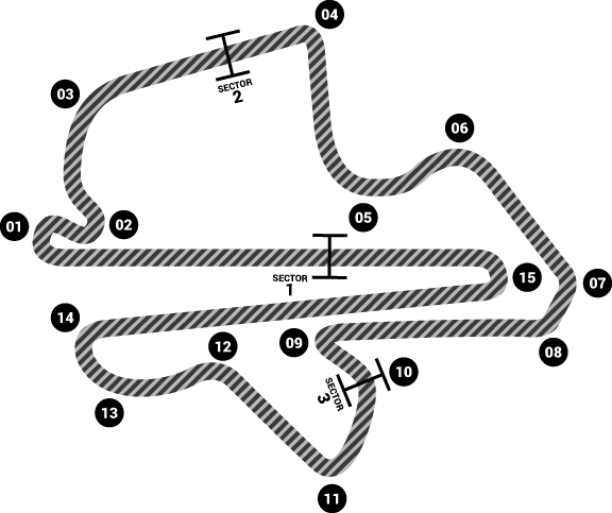Indecision rules
Can you imagine the scenario?
Manchester United are just weeks away from taking on title rivals Manchester City in a Premiership match with an expected worldwide audience of many, many millions of fans and yet confusion reigns: no one – the players, the managers, the teams’ owners, the governing body, football’s power brokers, wheelers and dealers – no one can confirm if the titanic clash will actually happen at all.
What would you think of a sport ‘managed’ in such a fashion?
Next up in this year’s already fascinating Formula 1 season we have the Chinese Grand Prix, held 30 or so miles outside Shanghai. After that it’s anyone’s guess.
From one’s cab driver to one’s wife and family, from television schedule programmers to F1’s many millions of followers worldwide – the sport is in danger of looking less organised than a village fête.
If we’re to go – apparently a decision will be made on the Thursday of the Shanghai weekend – then surely the question is, is it really worth the risk? What has Formula 1 got to gain by visiting a country that has ongoing troubles reported by news organisations on an almost daily basis?
Many argue – as Michael Schumacher did last Thursday at Sepang – that if we don’t go to Bahrain we can’t realistically race in any country we consider to have a questionable human rights record.
That has always struck me as an unrealistic position to take. The Bahrain event – inextricably linked as it is to the rulers of the country, not a politically disinterested third party promoter – runs a clear and present danger of being the focus of the protesters’ ire. That’s a situation far removed from a grand prix such as that held in China, for instance. Formula 1 effectively put Bahrain on the international map, and for the sport to return to the kingdom while unrest is still very much an almost daily occurrence serves only to endorse the actions of those in power.
Depending on one’s political viewpoint this may well be fine, but it could be argued that to take 3000 or so men and women into the lions’ den and expose them to the threat of who knows what is a tad irresponsible.
It’s disappointing that those otherwise knowledgeable ‘experts’ in the sport appear to absolve themselves of any responsibility when questioned as to their opinion on which way the decision should go. “We look to the FIA for guidance” is the oft-trumpeted quote.
Schumacher’s honest answer that he is happy to race in Bahrain may not be agreeable to some but is to be applauded for its candour.
Of course, just like the McLaren mechanics who are concerned about being a protesters’ target since the team is 50 per cent owned by Bahrain's Mumtalakat sovereign wealth fund, I and my media colleagues will ‘do’ what the decision makers decide; flights, hotels, hire cars et al were all booked and paid for months ago. That, I guess, makes me just as ignorant as all those who’ve ducked answering any question on the subject over the past year or so.
Whichever way the decision is made, the sport – in a world where perception is all – looks indecisive, hesitant, and at the mercy of things we have little control over or understanding of.

